Aluminum Profile Hammer Nuts T Slot Drop in Hammer Head Nut
Aluminum Profile Hammer Nuts T Slot Drop in Hammer Head Nut
- Descripción
- Valoraciones (0)
Descripción
What Are Hammer Nuts?
Hammer nuts (also known as hammer drive nuts, hammer-in nuts, or drive nuts) are specialized fasteners designed for quick and secure installation in thin materials such as sheet metal, plastic, or wood. Unlike traditional nuts that require threading or a wrench, hammer nuts are installed by striking them with a hammer or mallet, causing their serrated or knurled body to grip the material tightly. Once seated, they provide a threaded insert that allows bolts or screws to be fastened securely.
These nuts are particularly useful in applications where access to the backside of the material is limited, making them ideal for panels, enclosures, and lightweight structures.
Materials
Hammer nuts are manufactured from various materials to suit different environmental and mechanical requirements:
Carbon Steel – The most common material, offering high strength and affordability. Often used in industrial and automotive applications.
Stainless Steel (304 or 316) – Provides excellent corrosion resistance, making it suitable for outdoor, marine, or food-grade applications.
Brass – Used in electrical applications due to its conductivity and in decorative settings for its gold-like appearance.
Aluminum – Lightweight and corrosion-resistant, ideal for aerospace, automotive, and electronics where weight reduction is critical.
Surface Treatments
To enhance durability and performance, hammer nuts undergo various surface treatments:
Zinc Plating – A cost-effective anti-corrosion coating, commonly used in indoor and automotive applications.
Hot-Dip Galvanizing – Provides a thick, durable zinc layer for harsh environments, such as construction and marine uses.
Black Oxide – Offers mild corrosion resistance and a sleek, non-reflective finish, often used in military and machinery.
Passivation (for Stainless Steel) – Removes free iron particles and enhances the natural rust resistance of stainless steel.
Nickel Plating – Improves wear resistance and provides a shiny, decorative finish.
Specifications
Hammer nuts come in various sizes and configurations to fit different applications:
Thread Size – Common sizes include M4, M5, M6, M8, and M10, with both metric and imperial (UNC/UNF) options available.
Head Style – Typically domed or countersunk to allow flush mounting.
Body Design – Features knurled or serrated edges to prevent rotation and ensure a tight grip in the material.
Drive-In Diameter – Slightly larger than the pre-drilled hole for a press-fit installation.
Thread Type – Can be coarse (standard) or fine thread, depending on the application.
Applications
Hammer nuts are widely used across industries due to their quick installation and strong retention:
Automotive – Securing interior trim panels, fenders, and underbody shields.
Electronics & Appliances – Mounting circuit boards, control panels, and metal casings.
HVAC & Sheet Metal Fabrication – Fastening ductwork, vents, and enclosures.
Construction & Architecture – Installing signage, cladding, and lightweight structural components.
Marine & Outdoor Equipment – Used in boat fittings, railings, and outdoor machinery due to corrosion-resistant variants.
Furniture & Cabinetry – Providing threaded inserts in wood or composite materials.
Excellent Case: Securing Sheet Metal Panels in Industrial Machinery
Challenge
A manufacturer of industrial conveyor systems needed a fast and reliable way to secure thin sheet metal guards onto their machines. Traditional nuts and bolts required time-consuming threading, and self-tapping screws often stripped the metal over time due to vibration.
Solution
The engineering team selected stainless steel hammer nuts (M6 size, zinc-nickel plated for extra corrosion resistance). The sheet metal guards were pre-drilled with holes matching the hammer nuts’ drive-in diameter.
Installation Process
Pre-drilling – Holes were punched to the exact size required for a tight fit.
Hammering In – Workers placed the hammer nuts into the holes and struck them with a rubber mallet, causing the serrated shank to bite into the metal.
Fastening – Machine screws were then threaded into the hammer nuts, securing the guards firmly without risk of loosening.
Results
Faster assembly – Reduced installation time by 60% compared to traditional nuts.
Vibration-resistant – The serrated design prevented loosening even under heavy machine vibrations.
Long-term durability – Stainless steel construction ensured no rust or degradation in harsh industrial environments.
Conclusion
Hammer nuts are an efficient and reliable fastening solution for thin materials, offering quick installation, strong retention, and resistance to vibration. With various materials and coatings available, they can be tailored to nearly any application—from automotive and electronics to marine and construction. Their ease of use and durability make them a preferred choice for engineers and manufacturers worldwide.

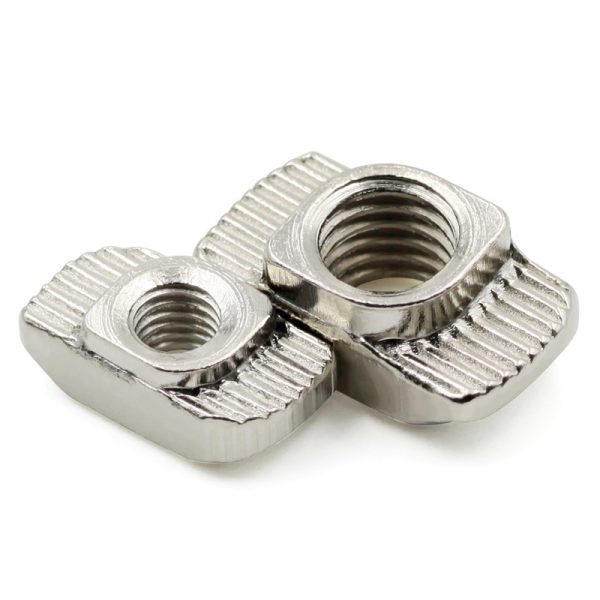
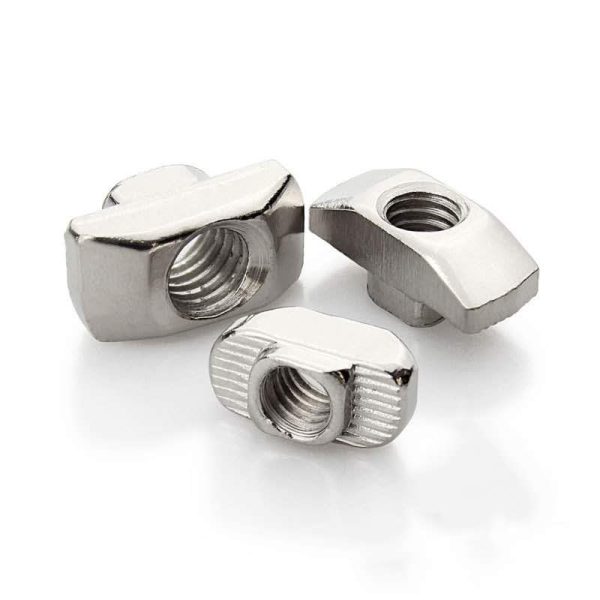

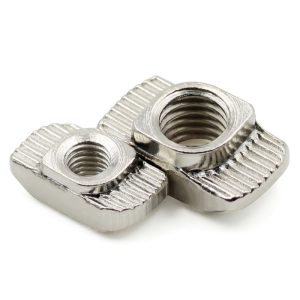
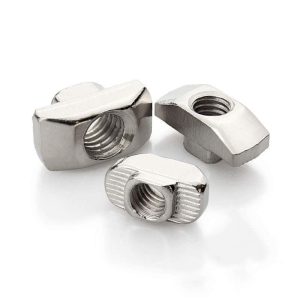
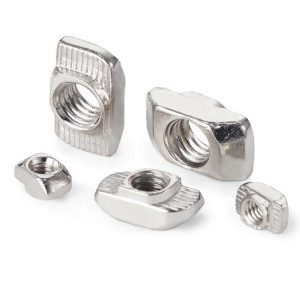


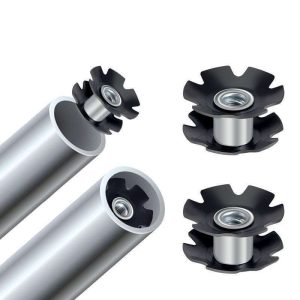

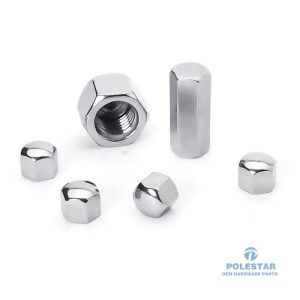
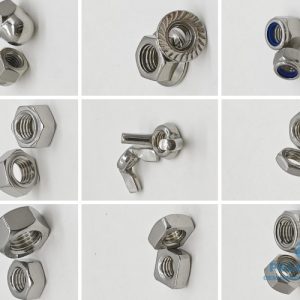
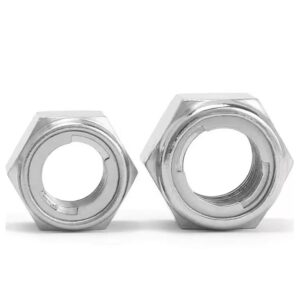
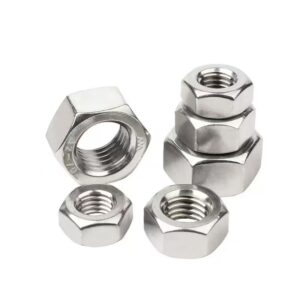
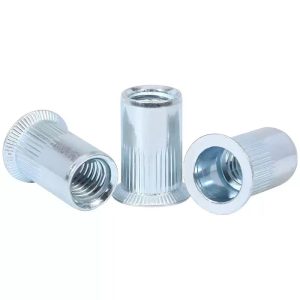
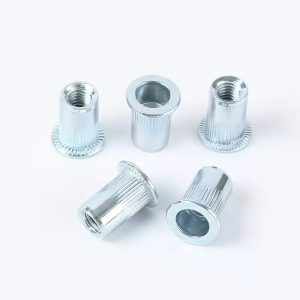
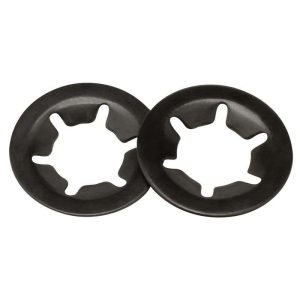

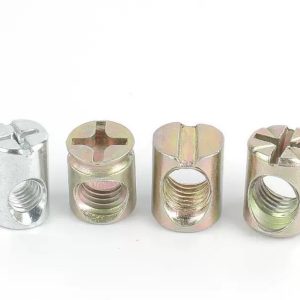
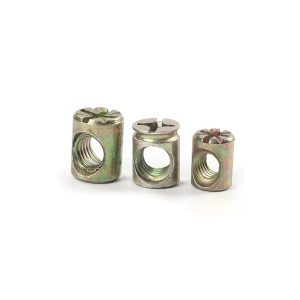
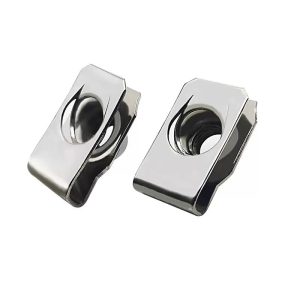
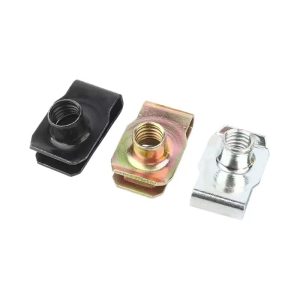
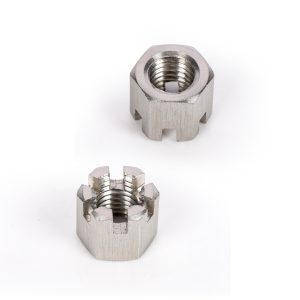
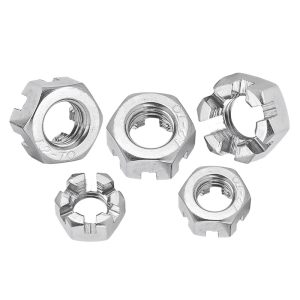
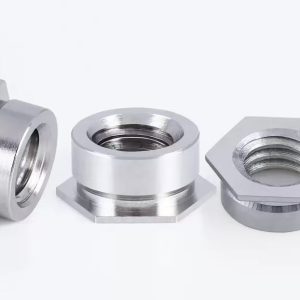
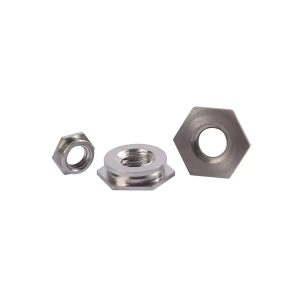
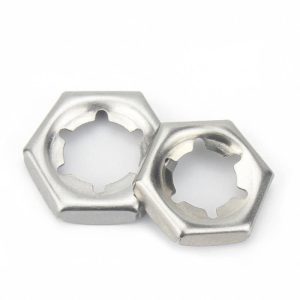
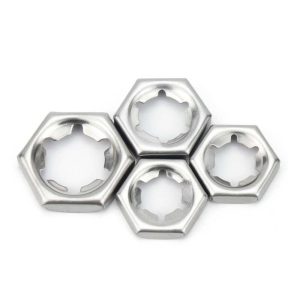
Valoraciones
No hay valoraciones aún.